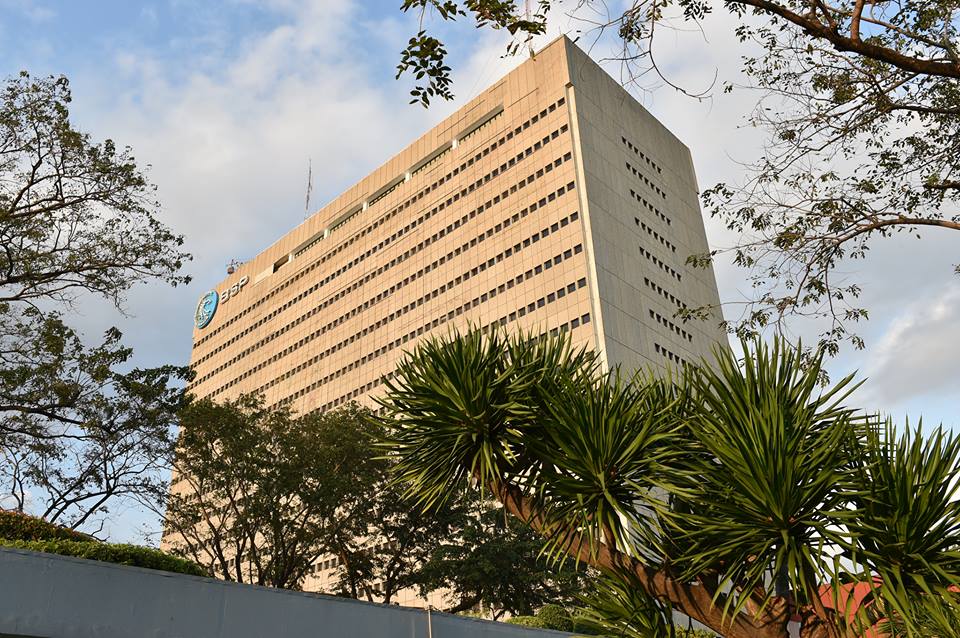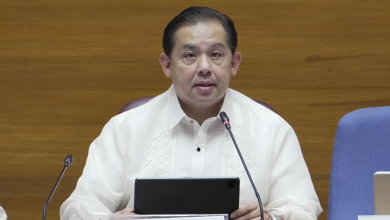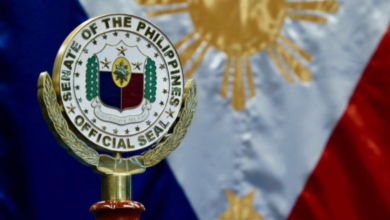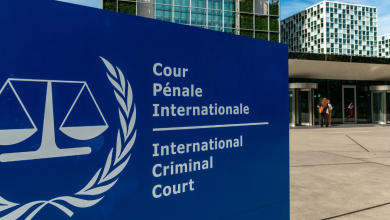While acknowledging that lowering remittance charges in banks could be of help for overseas Filipino workers (OFWs), the Bangko Sentral ng Pilipinas said the government could not compel private banks to lower the charges.
In an interview with The Filipino Times at the sidelines of the Philippines Prospects Forum, organized by the Foreign Correspondents Association of the Philippines (FOCAP) on January 17, BSP Deputy Governor Diwa Guinigundo admitted that lowering remittance charges in banks could help OFWs could ease the burden amidst high inflation in the country.
However, he claimed that the government has no control over transactions in private banks, including the charges imposed when sending money to the Philippines.
“That’s a very good suggestion. The banks themselves can do that. But we cannot mandate the banks to reduce this by this much kasi iba-iba sila ng structure,” Guinigundo told TFT.

A lawmaker earlier opened the idea of lowering remittance charges as a response to the rising inflation, which negates the high currency exchange during the middle to latter months of 2018.
Inflation begins to stabilize
Guinugundo added that prices of goods are beginning to stabilize and that inflation rate in the country is slowing down.
In December 2018, inflation rate slid down to 5.1 percent attributed to the lowering price of food, beverage, and fuel, the Philippine Statistics Authority (PSA) reported.
The inflation rate reported during the month was lower than the 6 percent rate in November and the nine-year high 6.7 percent rate in September.
The inflation rate in December is also the slowest one since June.




